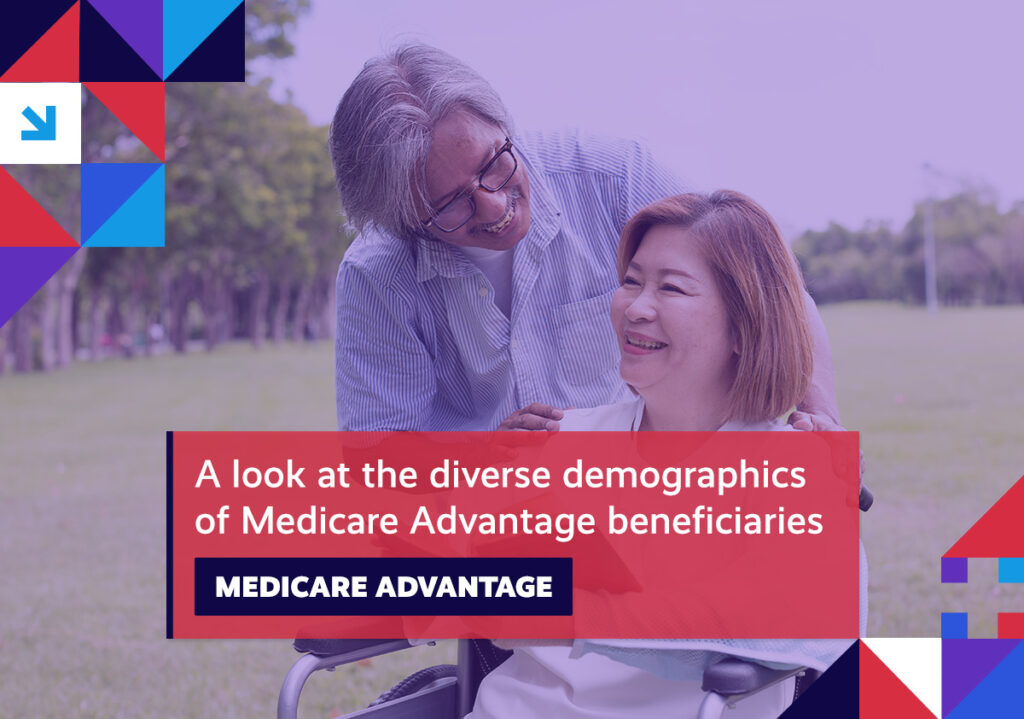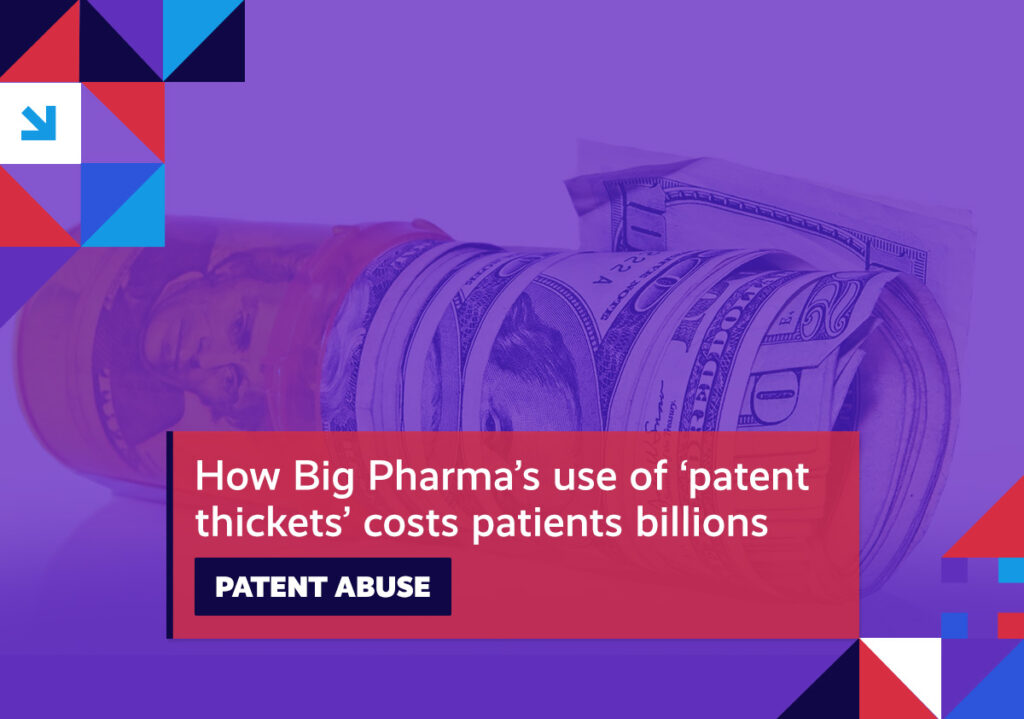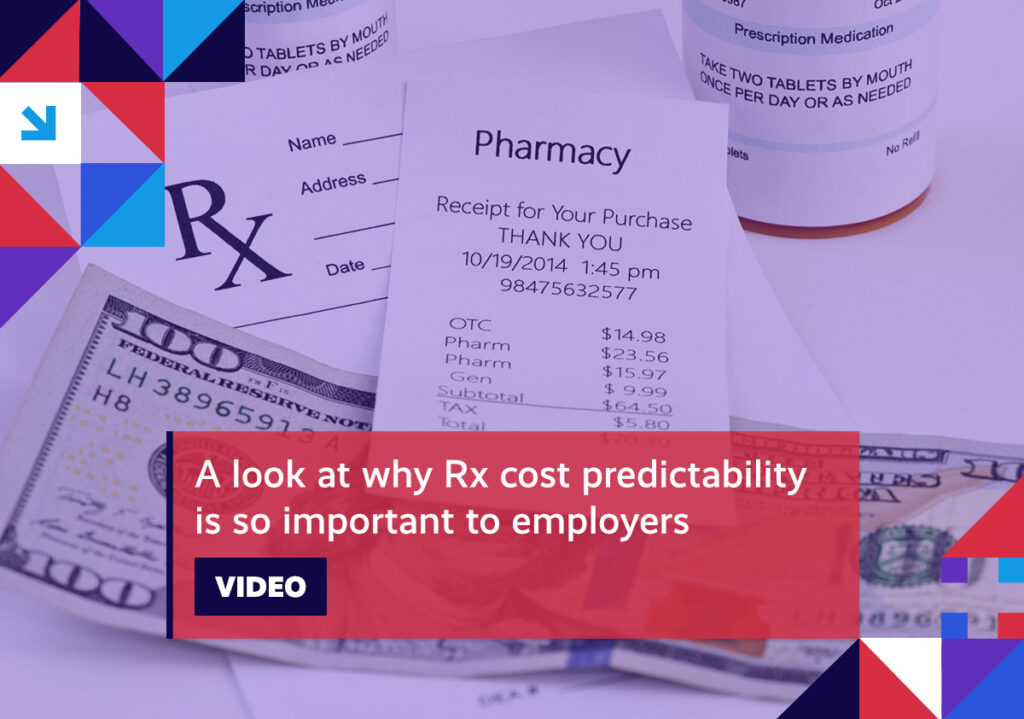A quick roundup of the issues driving the healthcare reform conversation.
Item of the Week

Spotlight
MEDICARE ADVANTAGE Beneficiaries continue to be happy with the Medicare Advantage (MA).
Quick takeaway: Nearly 9 out of 10 people enrolled in MA plans said that they’re satisfied with the program. And that satisfaction is going up, with 41 percent more likely to say that their level of satisfaction was greater than a year ago.
Further context: This latest polling reinforces the popularity of the program, which now serves more than 31 million American seniors and individuals with disabilities – nearly half the Medicare-eligible population.
What it means: However, with the Centers for Medicare & Medicaid Services (CMS) having finalized proposed changes to the program’s benchmark payment rate and risk model last Friday (which industry experts are still analyzing), there’s widespread concern over how these changes will ultimately impact beneficiaries’ costs and benefits.
SPECIALTY Rx The number of specialty drugs in the development pipeline threaten to blow up everyone’s healthcare costs.
Quick takeaway: Nearly 80 percent of the prescription drugs that the FDA is expected to approve this year are specialty drugs, which either target relatively rare diseases or require special handling.
Further context: Despite making up just 2 percent of overall prescription volume in this country, specialty drugs account for 53 percent of total annual pharmacy spending.
What it means: The cost of specialty drugs continues to grow, having eclipsed $300 billion in 2021 – an increase of 43 percent since 2016.
Against that backdrop, experts also caution that, since many of these new drugs are now being approved through the FDA’s accelerated approval process, we’re increasingly being made to pay a very high cost for these specialty drugs without really knowing what the true outcomes are.

NONPROFIT HOSPITALS Nonprofit hospitals fall short of their community obligations.
Quick takeaway: A new report shows that nearly half of the nonprofit hospitals in New York City have Fair Share deficits – meaning that they fail to provide community investments that equal the value of the federal, state, and local tax breaks they enjoy.
Further context: As highlighted last week, this issue of nonprofit hospitals’ tax exemptions is drawing increased scrutiny, especially as these health systems are seeking additional financial support.
What it means: But, economists are now pointing out that the losses these health systems are experiencing are largely the result of risky financial investments, and, more importantly, should not be subsidized by taxpayers.
SURPRISE MEDICAL BILLING Consumers bear the cost of providers’ legal challenges to the No Surprises Act.
Further context: A new blog post takes a closer look at the impact of the multiple lawsuits brought by providers challenging the No Surprises Act (NSA).
What it means: A recent article took aim at these lawsuits, highlighting how certain providers seek to increase healthcare costs for consumers by challenging the independent dispute resolution (IDR) process created by the NSA to work out disputed claims largely stemming from providers charging patients for out-of-network care.
As pointed out in the article, the NSA was intended to protect consumers from surprise medical bills and to lower healthcare costs by disincentivizing providers to stay out-of-network. But, while it’s working for consumers, it’s not working for private equity.
Spotlight

| You can keep up with the latest by following the Health Action Network on Twitter and by liking us on Facebook. And, be sure to check us out on LinkedIn, too. As always, let us know if there’s something you’d like to see covered in a future newsletter. |
The Health Action Network includes everyday Americans—families, workers, businesses, patients, providers, neighbors, and friends. We are working together because we support market-based solutions that offer better healthcare choices and help build a stronger economy. The Health Action Network is an Elevance Health, Inc., initiative.
